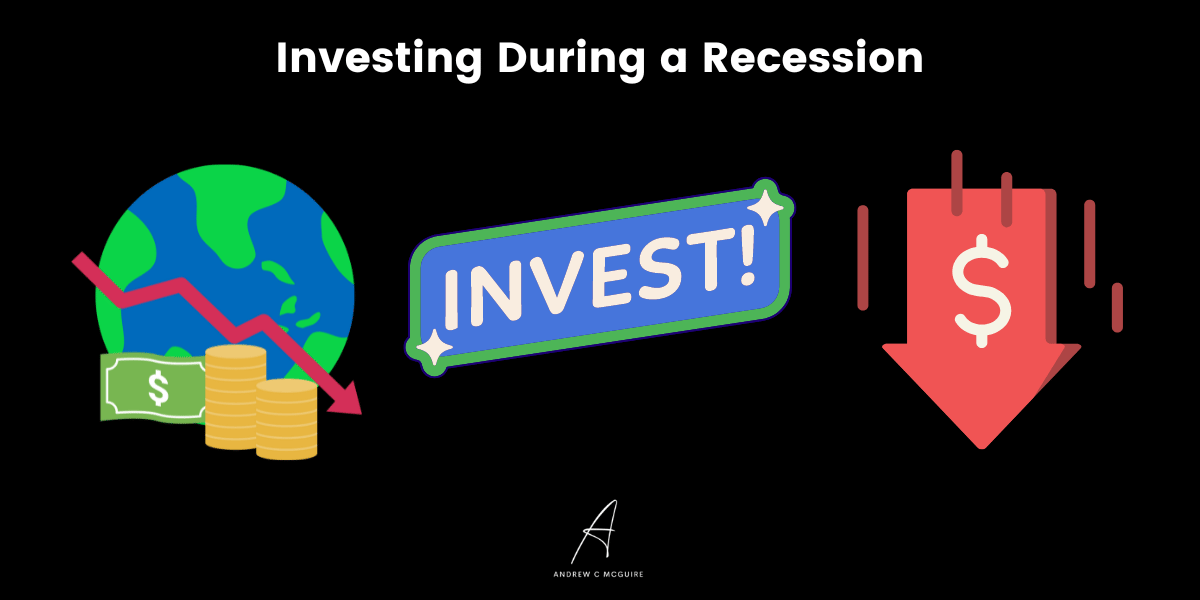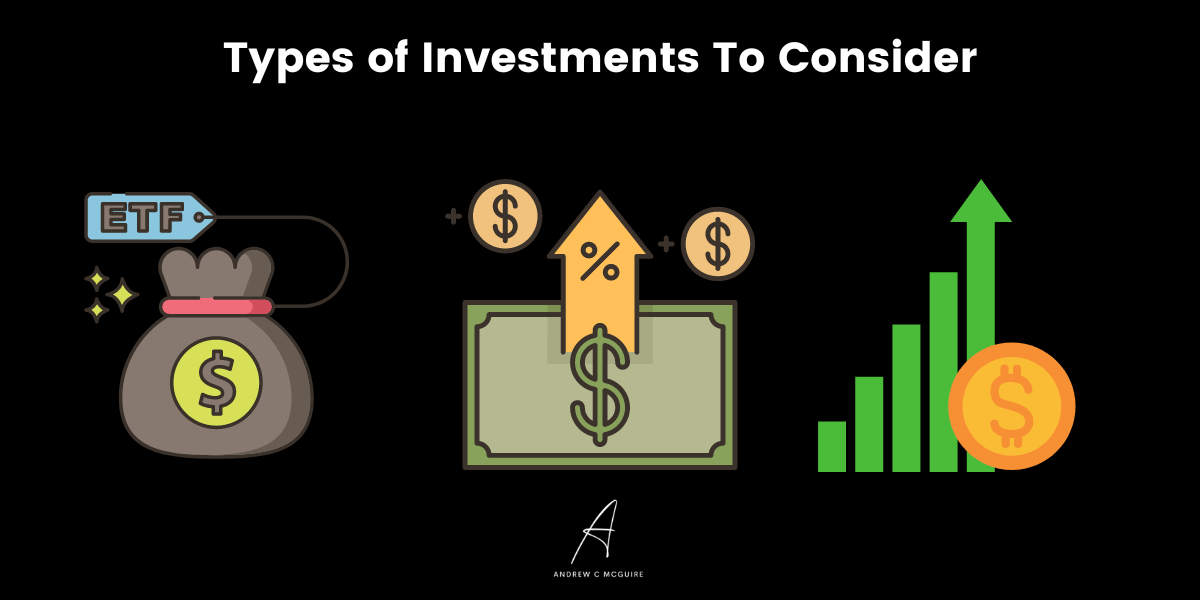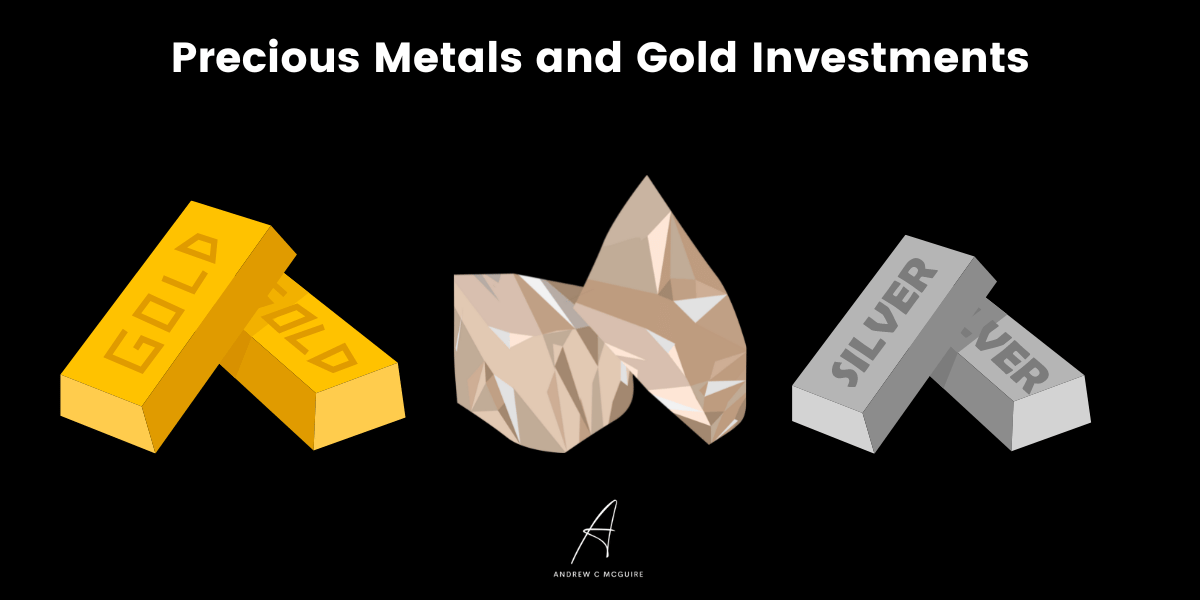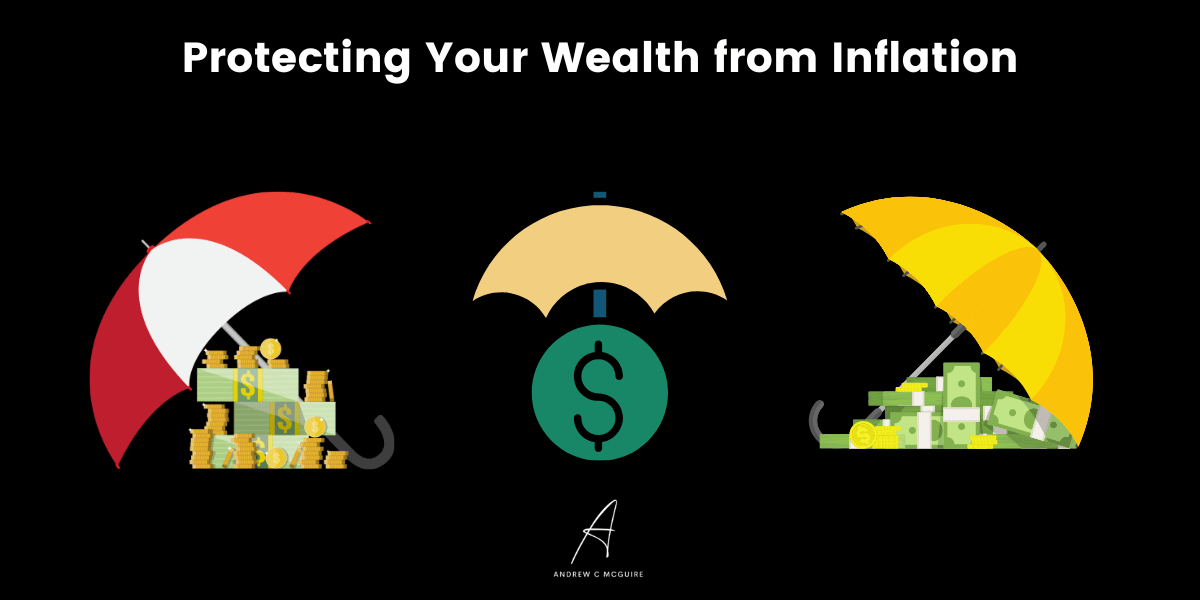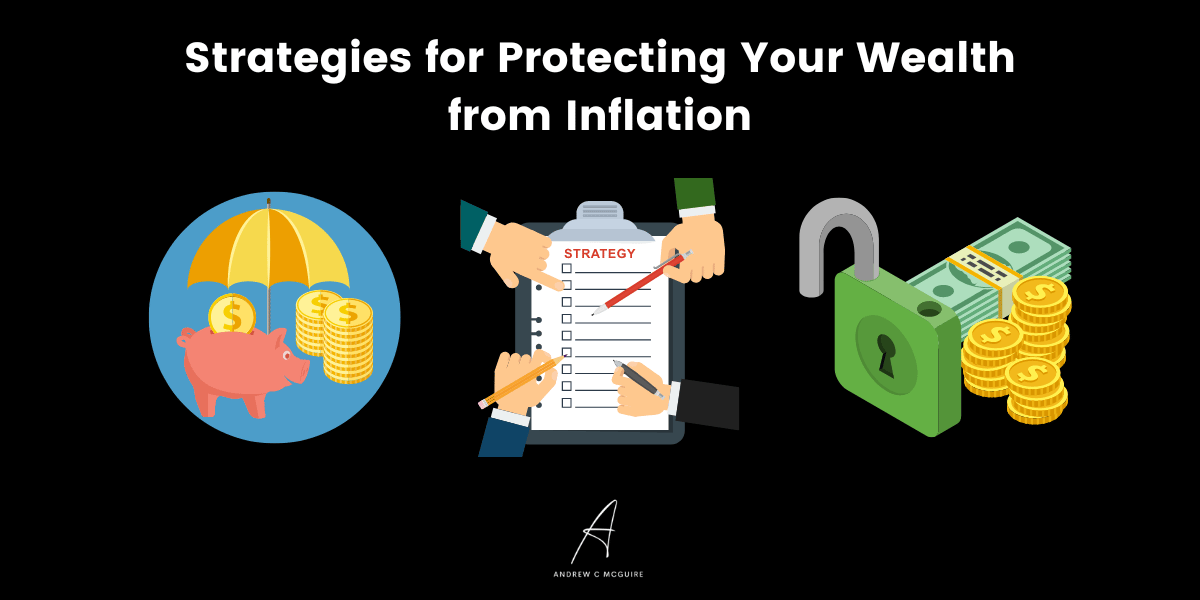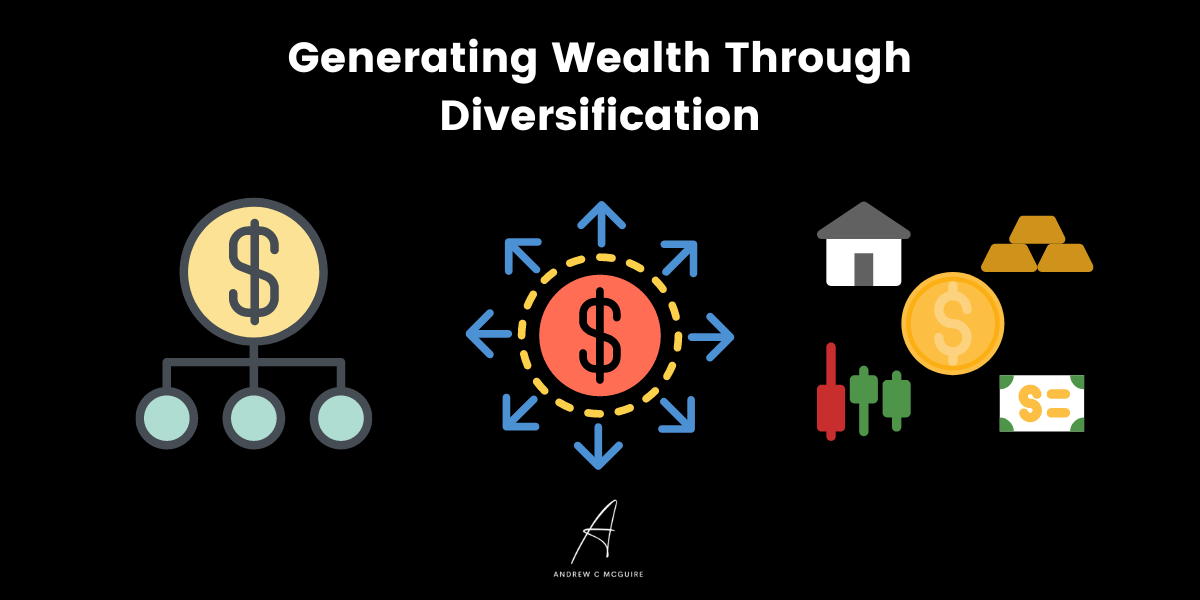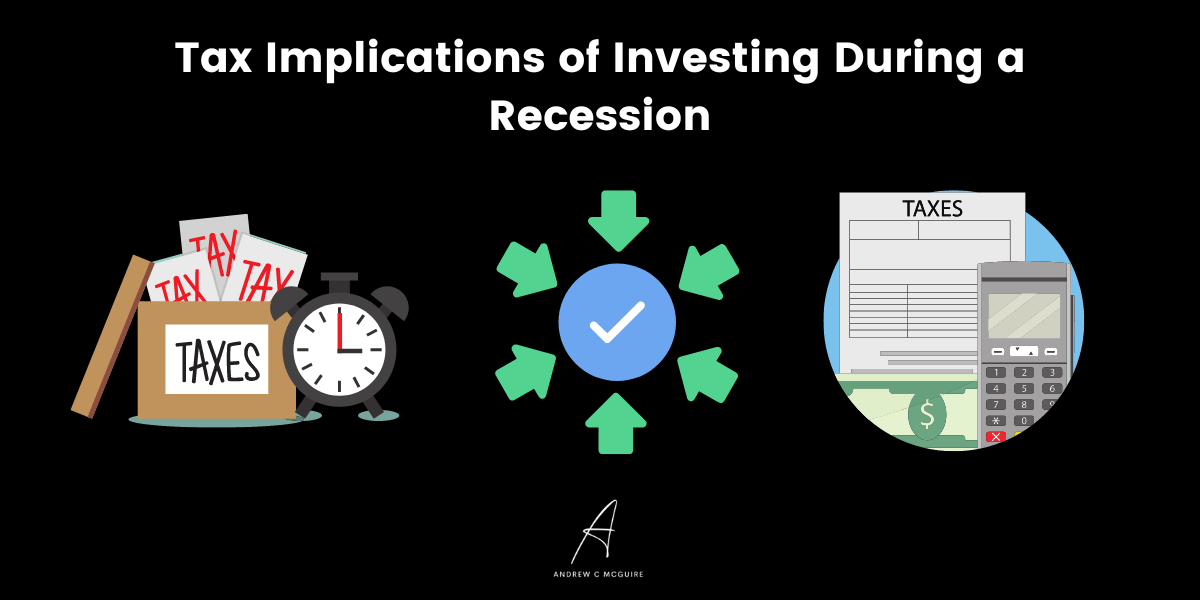Now is the time to get creative and start looking into strategies that can help protect your wealth during a recession. Investing in precious metals such as palladium, gold, silver, or platinum may be one of the best options for preserving capital and creating potential returns. Research different investment vehicles available today, so you know what works best for your financial situation. Taking action now will put you on track toward building long-term wealth no matter how severe economic downturns become. Investing in precious metals will not only make your wealth recession-proof but it will also multiply it for you. However, you must ensure that you invest with the right precious metals investment company – this is why I recommend Augusta Precious Metals.
- Money magazine’s “Best Overall” Gold IRA Company in 2022
- Quarterback Joe Montana and his financial team chose Augusta
- Zero fees for up to 10 years — every customer qualifies
- Investopedia’s “Most Transparent” Gold IRA Company in 2022
- Free guides on how to avoid gimmicks & high-pressure tactics used by gold IRA companies
We earn a commission if you make a purchase, at no additional cost to you.
The recent global economic downturn has left many investors looking for strategies to protect their wealth and generate returns in a difficult market. But did you know that buying during a recession can actually be beneficial? In this blog post, we’ll explore the different investment opportunities available when it comes to buying during a recession, including precious metals and gold investments, protecting your wealth from inflation through diversification, and understanding the tax implications of investing at this time. Whether you are an experienced investor or just getting started on building your portfolio – there are ways to make smart decisions even in uncertain times. So let’s dive into how you can buy during a recession while still ensuring long-term success. Before we launch into the details of what you should buy during a recession, check out what quarterback Joe Montana says about Augusta Precious Metals and why they make a perfect investment company for anyone looking to invest in precious metals.
[presto_player id=4770]
Investing During a Recession
Investing during a recession can be a great way to maximize returns while minimizing risk. There are several benefits of investing during an economic downturn, including the potential for higher returns and lower costs. Additionally, it is possible to take advantage of market volatility by buying low and selling high.
One main benefit of investing during a recession is that investors may be able to buy stocks at discounted prices due to decreased demand in the stock market. This means that investors have the opportunity to purchase shares at prices below their intrinsic value, which could lead to greater profits when markets eventually recover from recessions. Furthermore, many companies offer discounts on services or products during recessions as they try to attract customers who are looking for bargains.
Types of Investments To Consider
When considering investments during a recession, it is important for investors to consider both short-term and long-term investments depending on their individual goals and risk tolerance levels. Short-term investments include stocks, bonds, mutual funds, ETFs (exchange-traded funds), options contracts, futures contracts, and commodities such as gold or silver coins/bars. Longer-term investments may include real estate properties or businesses that require more capital but also provide greater rewards over time if managed properly. Investors should research each type of investment thoroughly before making any decisions about where they want their money invested so they understand how each type works best in different economic climates like recessions or boom periods.
Investing during a recession can be beneficial, and there are several different types of investments to consider. To protect wealth from inflation and further economic downturns, precious metals and gold investments should also be explored. In the next session, we shall explore precious metal investment as a means of safeguarding and increasing your wealth during recession.
Key Takeaway:
When investing during a recession, it is important to consider both short-term and long-term investments depending on your goals and risk tolerance. Strategies include taking advantage of market volatility by buying low and selling high, looking for discounted stock products, and researching different types of investments thoroughly.
Precious Metals and Gold Investments
Precious metals and gold investments can be an amazing way to diversify your portfolio and protect your wealth from inflation. Precious metals and gold have historically been used as an effective hedge against economic uncertainty, making them attractive investments during times of recession or market volatility.
Advantages of Precious Metals and Gold Investments: Investing in precious metals and gold has several advantages over other types of investments. These include the potential for capital appreciation, protection from inflation, liquidity, portability, low storage costs, tax benefits in some countries, and the ability to hold physical assets outside of the banking system.
There are many different types of precious metal investments available today, including coins, bars/bullion rounds/ingots/wafers/jewelry pieces made with gold or silver alloys such as sterling silver or karat gold jewelry; exchange-traded funds (ETFs) that track prices on commodities exchanges; futures contracts; mining stocks; mutual funds that invest in companies involved in mining operations; closed-end funds that invest directly into bullion holdings like coins or bars; digital currencies backed by physical metal reserves such as Bitcoin Gold (BTG); options contracts based on underlying commodity prices and certificates representing ownership interests in specific amounts of metal held at secure facilities around the world.
Precious metals and gold investments offer investors the opportunity to diversify their portfolios and protect their wealth from inflation. Next, we’ll look at strategies for protecting your wealth from inflation.
Key Takeaway:
Key Takeaway: Precious metals and gold investments can provide capital appreciation, protection from inflation, liquidity, portability, low storage costs, tax benefits, and the ability to hold physical assets outside of the banking system.
Protecting Your Wealth from Inflation
Inflation is a major concern for investors, as it can erode the value of their investments over time. Protecting your wealth from inflation requires an understanding of different strategies and investment vehicles that can help to lessen the effects of inflation on your portfolio.
Protecting your wealth from inflation has several benefits, including preserving purchasing power and protecting against currency devaluation. By investing in assets that are not affected by changes in the cost of living, you can ensure that your money will retain its value over time. Additionally, protecting your wealth from inflation allows you to take advantage of the occasions when they arise due to market volatility or economic downturns.
Strategies for Protecting Your Wealth from Inflation
There are several strategies available for protecting your wealth from inflation. One strategy is to invest in assets such as stocks and bonds which tend to be less affected by fluctuations in prices than other types of investments like real estate or commodities. Another strategy is diversifying across asset classes so that if one type performs poorly during times of high inflation, another may perform better and offset any losses incurred by the first asset class. Finally, investing in hard assets such as gold or precious metals provides a hedge against currency devaluation since these commodities tend to increase in value when currencies decline due to hyperinflationary pressures.
Protecting your wealth from inflation is an important part of any long-term investment strategy. By diversifying your portfolio, you can create a well-rounded approach to generating and protecting your wealth.
Key Takeaway:
Investing in hard assets such as gold or precious metals provides a hedge against currency devaluation and can help to protect your wealth from inflation. Strategies for doing so include:
– Investing in stocks and bonds
– Diversifying across asset classes
– Investing in gold or other precious metals
Generating Wealth Through Diversification
Diversifying your portfolio is among the most important strategies for generating wealth. It allows you to spread out your investments across different asset classes, reducing risk and increasing potential returns. By diversifying, you can also reduce volatility in your portfolio by investing in assets that don’t move in tandem with each other.
Diversification helps to protect against market downturns and unexpected events that could cause a single asset class or sector to decline significantly. It also provides an opportunity for higher returns over time as different types of investments may perform differently at various points during the economic cycle. Additionally, it gives investors access to a wider range of investment opportunities which can help them build a more balanced portfolio with greater potential for long-term growth.
When considering what type of assets should be included in your diversified portfolio, it is important to consider both stocks and bonds as well as alternative investments such as real estate, commodities, precious metals, and cryptocurrencies. Each type has its own set of risks and rewards so it is important to do research before making any decisions about which ones are right for you.
Another approach is strategic asset allocation, where investors determine how much they want to allocate toward each type of investment based on their individual goals and risk tolerance levels. Periodically rebalancing ensures that any gains or losses from one particular asset class do not become too large relative to others within the overall portfolio mix, helping to maintain optimal performance over time while minimizing risk exposure.
Key Takeaway:
Diversifying your portfolio is an important strategy for generating wealth, with benefits such as reduced risk and volatility, increased potential returns, and access to a broader scope of investment opportunities. Consider different types of assets including bonds, cyclical stocks, consumer staples, defensive stocks, reliable dividend stocks, real estate, commodities, precious metals, and cryptocurrencies when constructing your portfolio.
Tax Implications of Investing During a Recession
When investing during a recession, it is important to know the tax implications of your investments. The Internal Revenue Service (IRS) offers certain tax breaks that can help investors save money on their taxes when they invest during a recession. It is also key to be aware of strategies for minimizing one’s tax liability when investing during a recession.
Investors should familiarize themselves with the different types of taxes associated with investments and how these taxes are calculated in order to make informed decisions about their investments. Investment income may be subject to capital gains taxes, dividend taxes, or other forms of taxation depending on the form and nature of the investment. Additionally, investors should consider any applicable state or local taxes that may apply as well as any deductions available for certain types of investments such as retirement accounts or 529 plans.
Investors should know that there are several tax breaks available when investing during a recession which can help reduce an investor’s overall taxable income and provide additional savings opportunities. These include capital loss deductions, qualified dividends exclusion from gross income, long-term capital gains rates for stocks held longer than one year, and contributions made into 401(k) plans up to $19500 per year ($26000 if over 50). Additionally, some states offer additional incentives such as property tax exemptions or credits for those who invest in specific industries within their state boundaries.
Key Takeaway:
Investing during a recession can provide tax savings opportunities through capital loss deductions, qualified dividends exclusion from gross income, long-term capital gains rates for stocks held longer than one year, and contributions made into 401(k) plans.
Conclusion
It is important to remember that investing during a recession can be beneficial if done correctly. It is essential to do your economic research and understand the implications of any investments you make. Precious metals and gold are good investments for protecting wealth from inflation, while diversification can help generate more wealth. However, it is also key to consider the tax implications of investing during a recession before making any decisions. By taking all these factors into consideration when deciding whether or not to buy during a recession, you will be able to make an informed decision that best suits your financial needs and goals.
FAQs
Andrew’s Gold IRA Pick
Augusta Precious Metals is the most trusted gold IRA company

